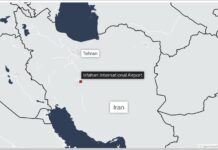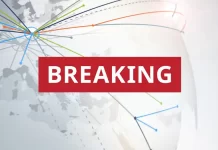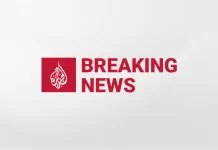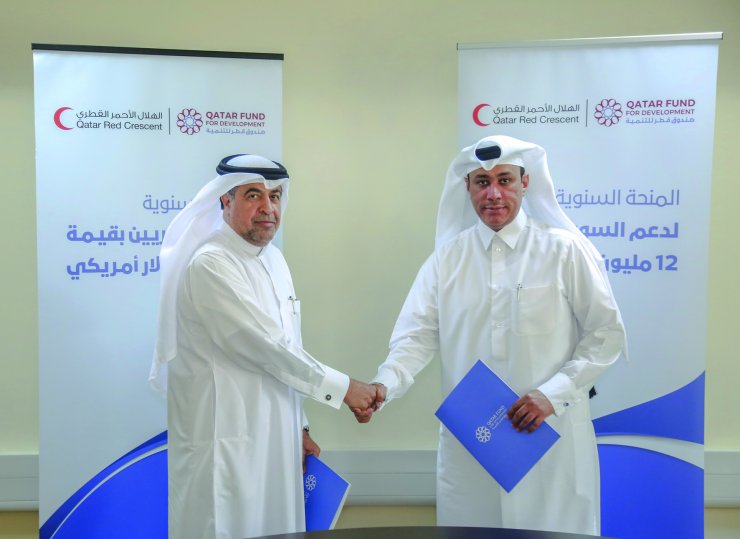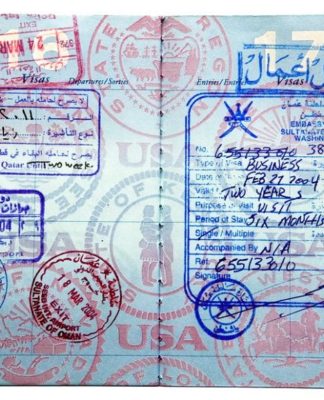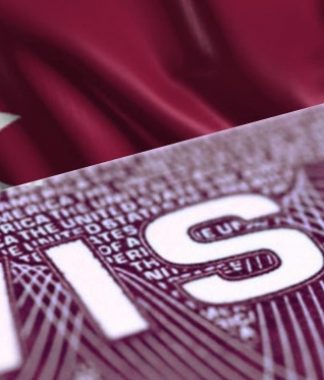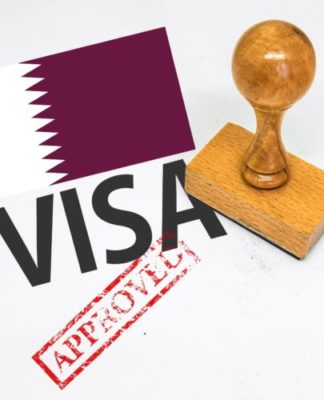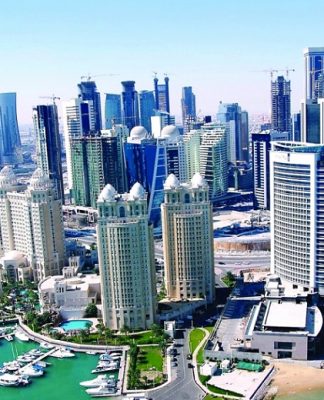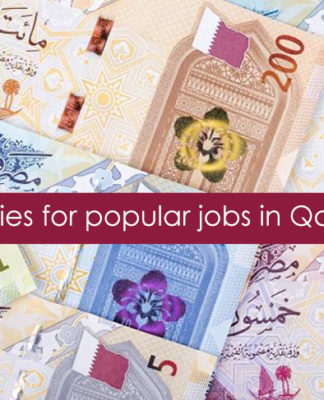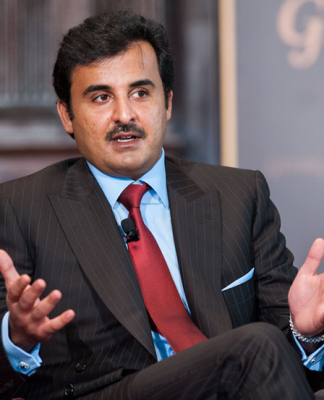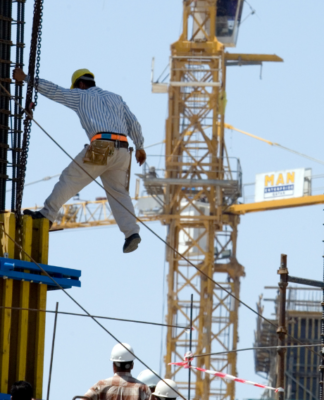20 May 2018 – 9:06

The Peninsula
DOHA: Qatar Fund for Development (QFFD) and Qatar Red Crescent Society (QRCS) have signed a $12m funding agreement to support the displaced communities in Syria, as well as the Syrian refugees in neighbouring countries, under the umbrella of the UN.
It was signed by Ali Abdullah Al Dabbagh, Executive Director of Corporate Strategy at QFFD, and Rashid Saad Al Mohannadi, Director of Relief and International Development at QRCS.
Targeting a total of 5.6 million beneficiaries in Syria, Lebanon, and Jordan, this contribution comes under the Syria Humanitarian Response Plan adopted by the United Nations Office for the Coordination of Humanitarian Affairs (OCHA) and the United Nations High Commissioner for Refugees (UNHCR).
According to Al Dabbagh, this funding is part of Qatar’s $100m pledge announced during the second Brussels Conference on “Supporting the Future of Syria and the Region”, 24-25 April 2018.
“Qatar is absolutely committed to addressing the impact of the humanitarian tragedy inflicted on the Syrian people over the past seven years. These funds will go for life-saving projects that will meet the basic needs of the Syrians,” said Al Dabbagh.
Al Mohannadi, said, “This agreement is a new episode of Qatar’s track record in helping the Syrian people for years now. A key asset of this support is the strong, coordinated partnership between QFFD as a major donor and QRCS as a leading humanitarian provider in many crises, particularly in Syria”.
He hoped the pact will help alleviate some of the hardships suffered by Syrian refugees and displaced people on a daily basis, particularly the vulnerable groups like children, women, patients, and elderly people.
The plan involves several significant activities to be executed in Syria, including but are not limited to operating health care centres, providing psychological support services, building clay housing units, rehabilitating houses and roads in Idlib, and offering vocational training.
Also, the Syrians in Jordan will receive secondary health care and chronic disease treatment free of charge. The primary health care clinics at the Al Zaatari refugee camp will be given new life, offering dialysis services.
In Lebanon, there will be health care and physiotherapy for injured people, rehabilitation of refugee camps and buildings, operation of water purification plants and water systems, reopening of the urban solid waste management plant.





